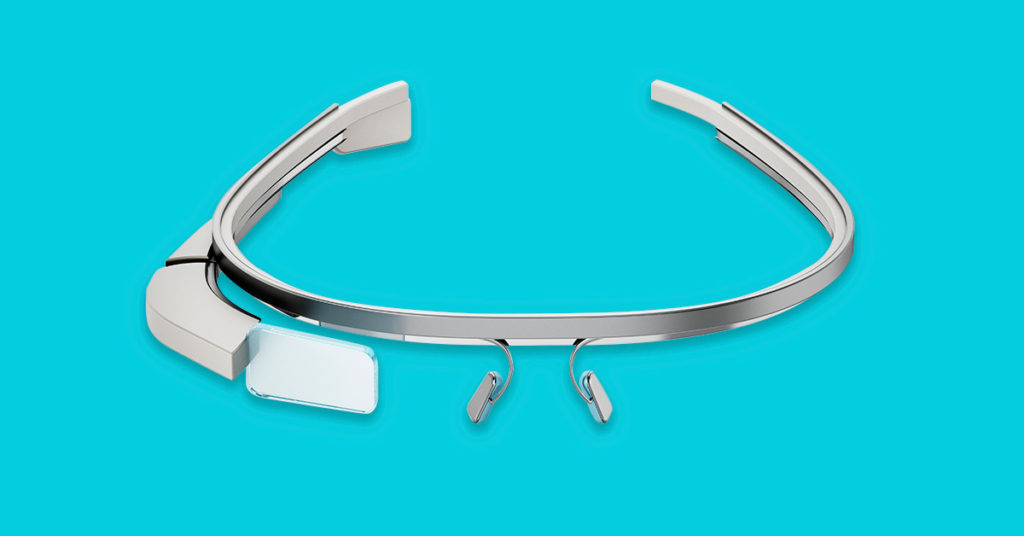
Wearables for Kids With Developmental Disabilities
Wearable technology has become a functional part of everyday life, helping people in ways never imagined before. An extension of this is wearable tech options designed with an eye to living with disabilities. And this, of course, includes tech for kids, helping parents help their children live lives that are more independent, active and enriching.
How wearables enrich the lives of kids with developmental disabilities
Smartwatches and activity monitors, assistive reality glasses and GPS-enabled wearables are a few technologies that help kids with disabilities navigate the world around them. Here are some examples:
- Aid learning. Some wearable devices help kids overcome learning difficulties and can recognize faces, read texts, identify objects, remember locations and give real-time audio feedback.
- Enable location tracking. A wearable GPS tracker is a valuable tool for kids who can’t communicate their home location. Some of these wearables allow you and your kids to contact each other easily—anywhere and anytime.
- Improve social skills. Some devices can help kids successfully interact and communicate in social situations.
- Promote positive health outcomes. Some devices use gamification to encourage kids to participate in healthy habits like exercising and eating well.
Wearable tech to explore
GPS trackers
GPS-enabled wearables are perhaps the most popular, helping to secure the safety and whereabouts of your children.
- AngelSense – Specifically designed for special needs, this tracker provides school bus monitoring, live location sharing and two-way voice with auto-answer speakerphone, all accessible through a mobile app. Only the child’s parent or designated caregiver can remove it, using a unique key.
- Jiobit – This tiny water-resistant tracker lets you create a custom care team to check up on your child, alerts you when they wander and keeps you informed on an app.
- Active Halo GPS Smart Locator – Set up safe zones, use two-way calling and get a text or email alert if your child comes within 500 feet of a registered sex offender’s home address.
Smartwatches and activity monitors
Smartwatches help with various functions, from location tracking to measuring fitness and activity levels to nurturing healthy habits and learning through gamification.
- WatchMinder – Kids with ADHD, autism and other learning disabilities improve time management and nurture positive habits, following vibrating alerts that prompt specific tasks for a daily routine you establish.
- Garmin Vivofit Jr. 3 – You can assign activities via the watch to help kids develop healthy habits, set activity reminders and more. Sync it with your phone to monitor their steps, daily activities, task data and sleep.
- LeapFrog LeapBand – This wearable promotes behavior change or modification in your child through activity tracking and gamified features that encourage healthy habits with 50 fun challenges. It also helps your kid learn gross motor skills, food and nutrition, and health and hygiene.
Smart glasses
Smart glasses are no longer just a novelty. Scientists have put them to work for kids.
- OrCam – This company offers devices for different needs. For kids with dyslexia, this handheld assistive reading device can capture and voice full pages of text. Another device for kids who are dyslexic, even those who are blind or visually impaired, these glasses assist with smart reading and can also learn and recognize faces, objects, locations and products.
- Lexilens – Soon to go live, these glasses promise to help kids with dyslexia read faster and more easily.
- Narbis – These glasses help kids strengthen concentration while reading or working on a computer. The glass tints when your kid gets distracted and becomes clear when their attention is back.
- Empowered Brain – These glasses help kids with ADHD, autism and other neurodevelopmental disabilities to function at optimal levels socially and emotionally, helping kids focus better, maintain eye contact and feel calmer and more relaxed.
Security and privacy risks of wearables for kids
As you would with any wearable you buy for yourself, learn about the security that is built in by the manufacturer. There are no universal regulations or standards set for security, but the individual companies do have their own systems, so you’ll want to make sure you’re comfortable with them.
Wearable devices can empower kids to interact successfully with their environment. Investing in the right ones can make an impactful difference in many aspects of day-to-day life.
Product features may have changed and are subject to change.




Join the conversation